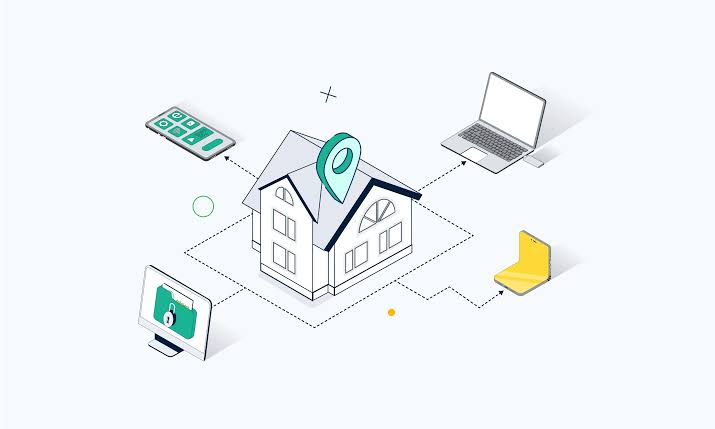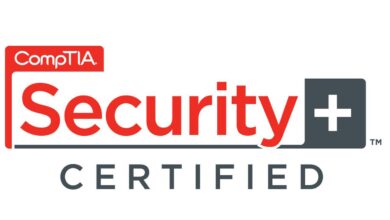Understanding Residential Proxies: Special Requirements and Key Considerations

In today’s digital age, privacy, security, and anonymity have become paramount for individuals and businesses alike. Residential proxies have emerged as one of the most reliable tools for achieving these objectives. Unlike data center proxies, residential proxies use IP addresses assigned by Internet Service Providers (ISPs) to homeowners, making them appear as though they are being used by real people. This article will delve into the special requirements connected to residential proxies, their advantages, and considerations for using them effectively.
What are Residential Proxies?
Residential proxies are IP addresses provided by ISPs that are tied to a physical location, typically a household. These proxies are often used for web scraping, accessing geo-blocked content, and managing multiple accounts without triggering security measures from websites.
Key Features of Residential Proxies:
- Authenticity: Since residential proxies are tied to real ISPs, they are less likely to be flagged or blocked by websites compared to data center proxies.
- Geo-Location: These proxies allow users to select IP addresses from specific regions, enabling them to bypass geo-restrictions effectively.
- Security: Residential proxies offer a higher level of anonymity and security, making them ideal for sensitive tasks like market research or competitive analysis.
Special Requirements for Using Residential Proxies
While residential proxies offer many benefits, there are certain special requirements and considerations to keep in mind:
- Ethical Usage: Residential proxies should be used ethically, respecting the terms of service of websites and the privacy of other users. Engaging in illegal activities or violating privacy can result in severe consequences.
- Bandwidth Limitations: Unlike data center proxies, residential proxies might have limited bandwidth due to their reliance on individual ISP connections. Users need to be mindful of their bandwidth usage to avoid disruptions.
- Legitimate Sources: It’s crucial to obtain residential proxies from legitimate sources to ensure that they are reliable and ethically sourced. Proxy providers should be transparent about how they acquire their IP addresses.
- Compliance with Legal Regulations: Users must ensure that their use of residential proxies complies with local and international regulations, especially regarding data privacy and cyber laws. Non-compliance can lead to legal repercussions.
- Proxy Rotation: For activities that require a large number of proxies, such as web scraping, proxy rotation is essential. It ensures that the same IP address isn’t overused, reducing the risk of being blocked by websites.
- Cost Considerations: Residential proxies are generally more expensive than data center proxies due to their authenticity and reliability. Budgeting for these costs is important for businesses that require large-scale proxy usage.
Use Cases for Residential Proxies
1. Web Scraping: One of the most common uses of residential proxies is web scraping, where automated tools gather data from websites. Residential proxies help bypass IP blocks and CAPTCHAs, ensuring uninterrupted data collection.
2. Ad Verification: Companies often use residential proxies to verify the accuracy and placement of online ads across different regions. This helps in detecting ad fraud and ensuring that ads are displayed as intended.
3. Social Media Management: Managing multiple social media accounts simultaneously can trigger security measures on platforms. Residential proxies allow social media managers to operate multiple accounts without raising red flags.
4. Accessing Geo-Restricted Content: Whether for streaming services or accessing region-specific websites, residential proxies are effective in bypassing geo-restrictions, providing users with access to content from different locations.
5. E-commerce and Market Research: Businesses use residential proxies to conduct competitive analysis, monitor prices, and gather market data without revealing their identity or location.
Choosing the Right Residential Proxy Provider
Selecting the right residential proxy provider is crucial for ensuring reliable and secure proxy services. Here are some factors to consider:
1. Provider Reputation: Look for providers with a solid reputation and positive reviews. A reputable provider will offer high-quality proxies and customer support.
2. Proxy Pool Size: The size of the proxy pool determines how many IP addresses you can access. A larger pool offers more variety and reduces the risk of getting blocked.
3. Customization Options: Choose a provider that offers customization options, such as selecting specific regions or rotating proxies. This flexibility can be crucial depending on your use case.
4. Pricing: Consider your budget and compare pricing plans. Some providers offer pay-as-you-go options, which can be beneficial if you don’t need proxies on a continuous basis.
5. Customer Support: Good customer support is essential, especially if you encounter issues with your proxies. Ensure that the provider offers responsive and knowledgeable support.
Conclusion
Residential proxies are a powerful tool for individuals and businesses looking to maintain anonymity, access geo-restricted content, and perform tasks that require multiple IP addresses. However, it’s important to be aware of the special requirements and considerations associated with their use. By choosing a reputable provider and adhering to ethical guidelines, users can leverage residential proxies effectively and securely.



